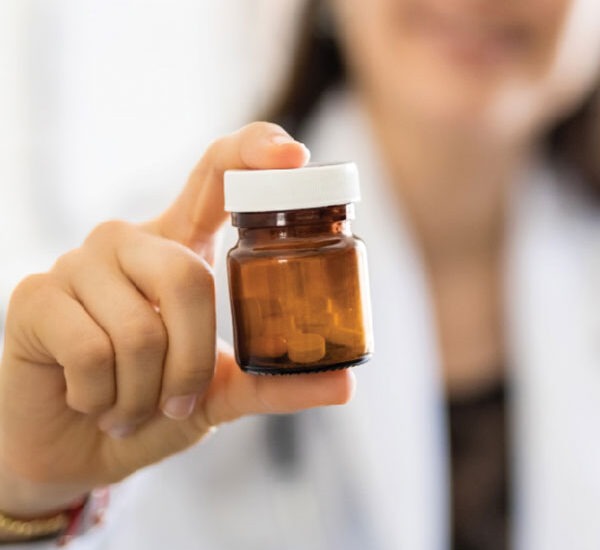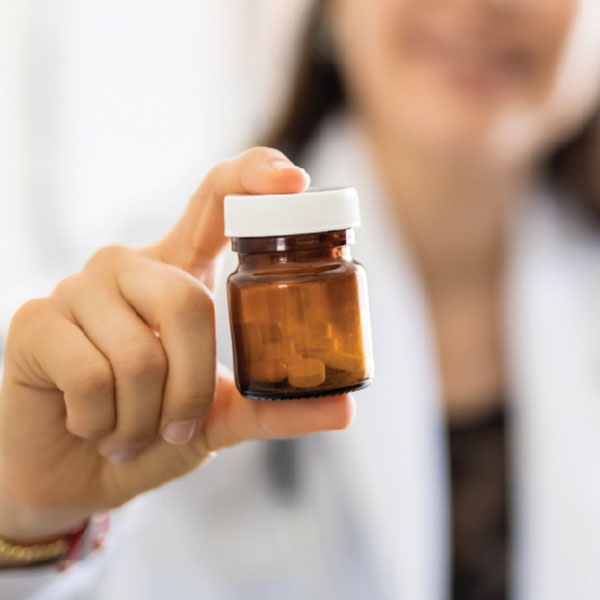LOCATIONS
New York Drug & Alcohol Rehab – Local Addiction Treatment Resources
Local Resources & Information to Kickstart Your Recovery Journey
If you are in New York State and need help now, call (888) 290-5601
Help is available for those struggling with addiction in New York
Are you or a loved one struggling with addiction in New York? Paramount Wellness offers hope and healing in the heart of the Empire State. Our premier drug and alcohol rehab center provides compassionate, evidence-based treatment to help you reclaim your life.
At Paramount Wellness, we understand that every journey to recovery is unique. Our expert team of medical professionals, therapists, and addiction specialists crafts personalized treatment plans tailored to your specific needs. From medically supervised detox to intensive therapy and aftercare support, we’re here to guide you every step of the way.
How Do You Know If You Need a Drug or Alcohol Rehab in New York?
Recognizing the need for professional help is a crucial first step toward recovery. You might need assistance if substance use is interfering with your daily life, relationships, or work. Warning signs include increased tolerance, withdrawal symptoms when not using, unsuccessful attempts to quit on your own, or continuing use despite negative consequences.
If you’re neglecting responsibilities, engaging in risky behaviors, or experiencing health issues due to substance use, it’s time to seek help. Emotional changes like increased anxiety, depression, or mood swings can also indicate a need for professional intervention.
Remember, seeking help is a sign of strength, not weakness. If you’re questioning whether you need support, it’s worth reaching out to a professional for an assessment. At Paramount Wellness, we’re here to listen without judgment and guide you toward the right path for your unique situation

Types of Addiction Treatment in New York
New York State offers a range of addiction treatments for your specific needs and preferences. These treatment types include:

Medically Supervised Detox
Detoxification is often the initial step in the recovery process, helping people in need detox from substances under medical supervision. Medically supervised detox programs in New York State offer 24/7 monitoring, support, and medication-assisted treatment when necessary.

Medically Assisted Treatment (MAT)
MAT combines medication, counseling, and other holistic therapies to address substance use disorders. This approach is effective for both alcohol and opioid addiction, assisting in reducing cravings and preventing relapse.

Inpatient Treatment
Inpatient rehab programs provide around-the-clock care and supervision in a residential setting. These programs typically offer a combination of individual and group therapy, educational workshops, and relapse prevention training, promoting long-term recovery.

Aftercare
Following the completion of a structured treatment program, aftercare services support people in maintaining sobriety and transitioning back into daily life. Aftercare may include sober living arrangements, support groups, and ongoing therapy sessions to reinforce the skills and strategies learned during treatment.
How to Choose the Right Drug Rehab Center For Your Loved One in New York
Consider the following factors when making a decision on the best treatment facility for your loved one:
- Individual needs and preferences: Identify your loved one’s needs, such as mental health services, gender-specific programs, or specialized care for specific substances.
- Treatment modalities: Determine which therapeutic approaches, such as cognitive-behavioral therapy, motivational interviewing, or holistic therapies, align with your loved one’s goals and preferences.
- Treatment setting: Consider whether a residential or outpatient program better suits your loved one’s needs, taking into account factors like support requirements, flexibility, and daily structure.
- Facility amenities and features: Evaluate if certain amenities, such as private rooms, recreational activities, or nutrition programs, would enhance your loved one’s treatment experience.
- Support for co-occurring disorders: Choose a facility that offers integrated treatment for any co-occurring mental health conditions to address the complexities of dual diagnosis.
- Staff credentials and expertise: Ensure the rehab center employs experienced, qualified professionals with a strong track record in addiction treatment and recovery.
- Insurance coverage: Review your loved one’s insurance policy to determine the extent of coverage for addiction treatment and explore alternative payment methods if necessary.
By thoughtfully considering these factors, you can select a drug rehab center in New York that provides the most effective care, support, and resources for your loved one.

Continuing Recovery Care & Sober Living Programs in New York State
A comprehensive continuum of care for your treatment is crucial for long-term success. When selecting a program, consider those that develop personalized treatment plans covering the entire continuum of care. This holistic approach ensures a seamless transition between treatment phases and promotes sustained recovery.
Many facilities in New York State offer alumni programs, which foster a sense of belonging and support by connecting individuals with the local recovery community. Engaging in these programs allows individuals to share experiences, offer guidance, and maintain lasting relationships with peers who understand the challenges of sobriety.
Accountability is also essential for maintaining sobriety after completing residential treatment. Sober living environments and outpatient services in New York State provide structure and support while allowing individuals to practice and refine the skills acquired during treatment.

Local Stats You Need to Know
In 2021, New York State experienced a continued surge in drug overdose fatalities, reaching a rate of 30 deaths per 100,000 people – a significant increase from 25 per 100,000 in 2020 and 8 per 100,000 in 2010.[1] Opioid-related deaths also skyrocketed, with 25 fatalities per 100,000 New Yorkers in 2021, up from just 5 in 100,000 in 2010.
Moreover, an estimated 1.9 million residents in New York State are grappling with substance abuse issues, including 1.77 million adults and 156,000 youths aged 12-17.[2] The state also saw 5,842 drug-related deaths in 2021, highlighting the urgent need for comprehensive and accessible interventions to mitigate the escalating issue.[3]
Start Your Recovery in New York State
It’s courageous to admit you have a problem. Let Paramount Wellness guide you on the path to recovery.
Sober Activities in New York State
- Adirondack Mountains: Enjoy hiking, fishing, and kayaking in this picturesque mountain range.
- Thousand Islands: Explore the scenic region with a boat tour or visit Boldt Castle for a historic experience.
- Niagara Falls State Park: Marvel at the beauty of Niagara Falls and embark on the Maid of the Mist boat tour.
- Finger Lakes: Visit the natural beauty of the region with hiking, boating, or fishing.
- Lake George: Participate in outdoor activities, such as camping, hiking, or visiting the historic Fort William Henry.
- Bear Mountain State Park: Hike the trails and enjoy stunning views of the Hudson Valley.
- The Catskills: Immerse yourself in nature with camping, hiking, and fishing in this mountainous region.
- Storm King Art Center: Experience art in a unique outdoor setting with sculptures and installations.
- Women’s Rights National Historical Park: Visit Seneca Falls to learn about the women’s suffrage movement.
- Harriet Tubman National Historic Park: Discover the history of abolitionist Harriet Tubman at her former home and church.
- Val-Kill, Hyde Park: Explore the history of Eleanor Roosevelt’s cottage and its gardens.
How to Pay for Addiction Treatment in New York
Those struggling with addiction in New York shouldn’t have to worry about how to pay for treatment. Numerous options are available to help you get the help you need without incurring a significant financial burden.
- Health insurance: Many health insurance plans cover substance abuse treatment, either partially or in full. Verify your insurance benefits to understand the extent of your coverage.
- Office of Addiction Services and Supports (OASAS): OASAS offers resources for individuals seeking addiction treatment, including assistance in finding facilities that accept various payment options.
- Medicaid and Medicare: These government programs may provide financial assistance for eligible individuals seeking addiction treatment.
- Sliding scale fees: Some rehab facilities offer sliding scale fees based on an individual’s income and financial situation, making treatment more affordable.
- Payment plans: Rehab centers may offer payment plans that allow you to spread the cost of treatment over time, easing the financial burden.
- Scholarships and grants: Research and apply for addiction treatment scholarships or grants from non-profit organizations, charities, or foundations.





